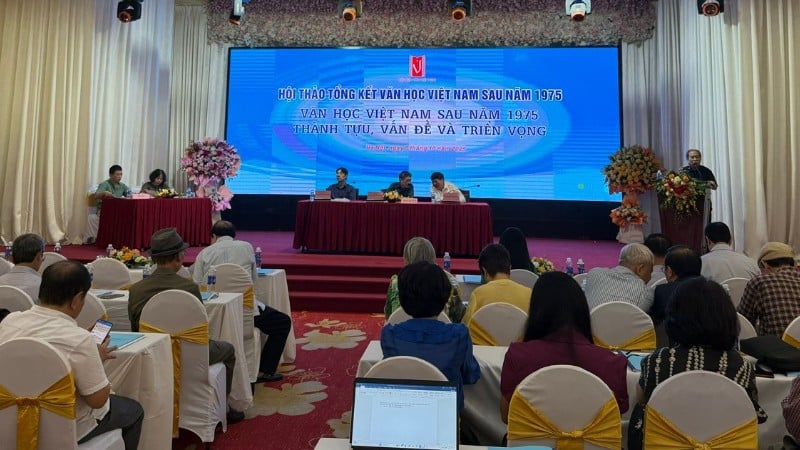
Speaking at the opening of the workshop, poet Nguyen Quang Thieu, Chairman of the Vietnam Writers Association , shared frankly and deeply about the 50-year journey of Vietnamese literature after the country's reunification.
He believes that after 1975, the reality of the country's life opened up an extremely rich and diverse picture. From the renovation and industrialization process, to thorny issues such as corruption, environmental change, and crisis of trust... These are all abundant and vivid sources of material for literary creation.
However, the biggest obstacle to literature lies in the writers themselves. While society is changing rapidly, many writers are still in the "unreasonable comfort zone" with the cover of complacency and fear, not daring to engage in artistic creation, discovery and criticism.
The Chairman of the Vietnam Writers Association believes that it is time for each writer to reflect on his or her courage to go to the end of creativity. Only by overcoming the beaten path can Vietnamese literature produce truly groundbreaking, moving works that contribute to the ideological and aesthetic progress of society. If writers do not commit themselves, if society does not know how to nurture the reading spirit, then literature will never reach the stature we desire.
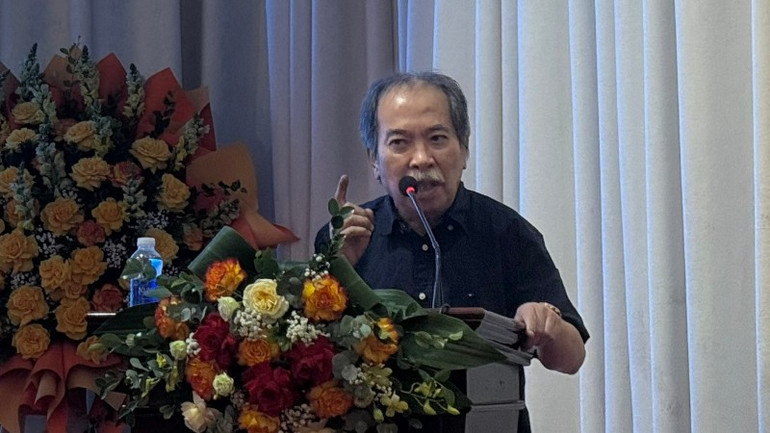
Over the past 50 years, Vietnamese literature after 1975 has recorded many important achievements in both creative writing and critical theory with clear marks in promoting national identity, expanding dialogue with the world , innovating genres and improving professionalism.
Achievements can be pointed out in terms of: The vitality of creation expressed through the diversity of genres and content; national consciousness and humanistic aspirations; acceptance of new critical theories and integrative thinking; the maturity of the literary and artistic force...
After 1975, literature was not outside of life but always vividly and truthfully reflected the country's progress: economic innovation, international integration, urbanization, industrialization, social change, customs, family relationships, education, environment... Changes in life were recorded in literature with respect and artistic sensitivity.
There have been many works reviewing pre-1975 literature in both regions with a more historical and objective spirit, re-evaluating what has been forgotten. This not only helps to complete the construction of literary history, but also helps the next generation have a more correct perception of tradition, absorbing from the outside to promote internal strength.
With the development of education, the culture of reading has been enhanced, the network of publishing, bookstores, libraries has developed, etc., helping literature to be more widely accessible. Literature of the mountainous areas, of ethnic minorities, children's literature, literature for young adults, etc. have the opportunity to reach many audiences.
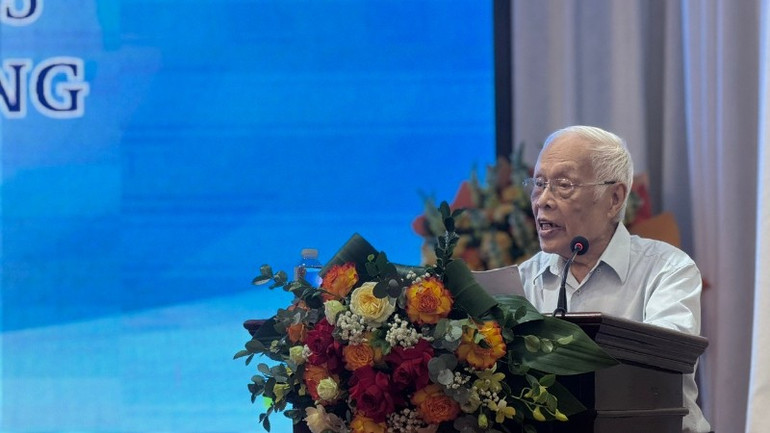
Besides the achievements, Vietnamese literature after 1975 also had to face many challenges and certain limitations such as: Uneven quality that could not keep up with the demands of life; lack of a strong team of critical theorists; dominated by the market mechanism; the content of the works did not stand out in terms of national identity and modernity; the role and support policies were not stable...
From the above achievements and limitations, Vietnamese literature has many directions for stronger development in the future, which were mentioned by artists and literary criticism theorists in their presentations, including: Intensive training and fostering; increasing the publication of high-quality critical works; improving policies to support creation and writers; paying attention to remuneration and copyright protection; promoting publishing-promotion-public outreach; promoting activities, quality of awards and honors; preserving traditional cultural resources; selective integration.
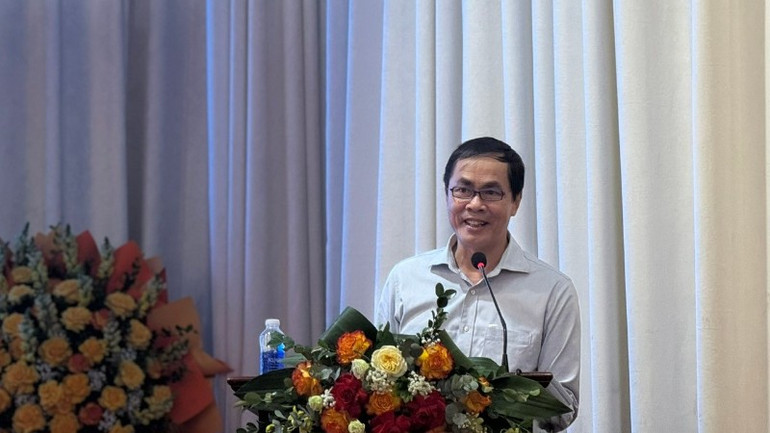
The common point in more than 10 opinions and presentations at the workshop is the spirit of serious, systematic and responsible recognition of the half-century journey of the country's literature. From many different perspectives: history, theory-criticism, creation... researchers and writers are all interested in the movements of literature in the flow of innovation of the country, especially the change of artistic thinking and creative team after 1975.
The presentations converged on the desire to identify the nature of modern Vietnamese literature - a literature that both inherits tradition and constantly seeks new things; reflects reality and aspires to participate in the work of building the nation's spiritual life.
In addition, the issues of generation, quality of criticism, literary awards, identity and modernity, and the role of writers in post-war reconciliation and healing are also prominent concerns, showing a common effort towards a humane, multi-vocal, and dialogical Vietnamese literature in today's globalization context.
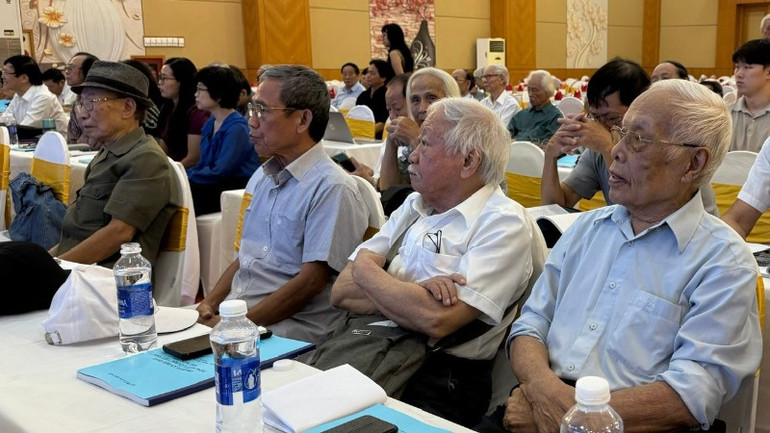
Professor Phong Le commented: “Looking back over the past 30 years, since 1990, our literary life has still had a steady appearance, and the later it gets, the more new names there are. But it seems that they have not all gathered into a team, on a journey that does not mix with each other, but also does not turn their backs on each other; with the so-called true “creative personality”, determined by one’s own inner strength, without needing to cause “shock”; accepted not only by a few critics or progressive writers but by the majority of readers”.
According to Professor Phong Le, such movements must be said to be very large and have the scope of a transition. To have enough potential and luggage for such a revolutionary transformation, literature, as well as any other field, needs young forces. And when we say young, we mean generations under 30 years old, even in their 20s, not 60 or older.
Colonel, poet Tran Anh Thai in his speech "Literary innovation 1975-2025" emphasized: "Innovative literature tries to go into the deepest layers, yearning to address the core issues of human life. Such works are often highly reflective. They criticize themselves and do not hesitate to expose the truth, daring to write about things that literature had never known before, all with the sole goal of supporting people, guiding people towards good things... It can be said that after 50 years, Vietnamese literature has taken a big step on the path of modernization to gradually integrate into world literature."
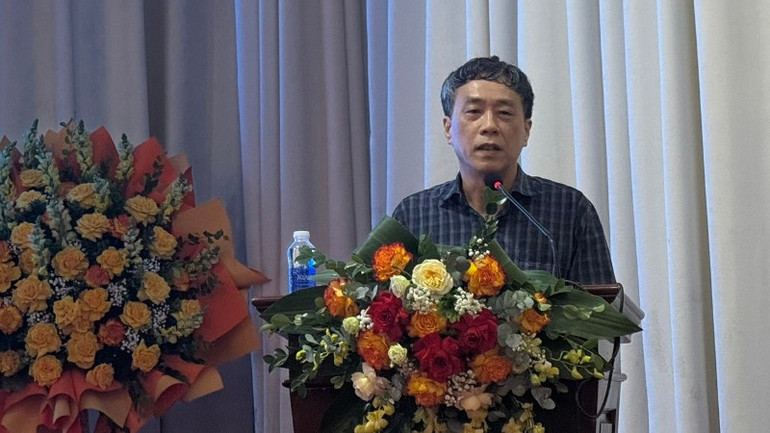
According to poet Tran Anh Thai, perhaps there has never been a period in history where writers have been as free to express all their thoughts as during the recent renovation period. This renovation has taken place in a vibrant, profound, strong, and fierce manner with countless rich and diverse ways of expression to fully exploit the spiritual depth and hidden corners in the depths of the human soul.
Literature enters every corner of everyday life; sings the song of sadness, great aspirations and the pain of loss, hopelessness before the storms of life with many new levels and feelings... all these efforts are aimed at honoring art, bringing literature back to its rightful place, back to everyday life, to the public, towards the good, the beautiful, the noble in the process of perfecting the personality of modern people today and tomorrow...
Poet Nguyen Viet Chien, in his speech on the mission of national harmony and reconciliation, shared: “Literature has a special power to create a common voice that overcomes political and border barriers. Many domestic and foreign writers have recently begun to dialogue, seek each other out, read each other’s works, and thereby erase inherent prejudices.”
He believes that after 50 years, those who directly participated in the war have grown old, many have passed away. A new generation born and raised in peace is receiving the memories of war as fragments. If literature does not speak up to connect those fragments, the collective memory will gradually fade, while the wounds still smolder.
In the context of international integration, the need for harmony and reconciliation becomes more urgent. For the nation, only by accepting the past in all its diversity and complexity can the Vietnamese truly unite, overcome inferiority complexes to build the future. For literature, reconciliation opens up a space for free creation, helping writers reach the depth of humanity, beyond political borders. For the world, a literature that knows how to face the past will receive international respect, becoming an example for countries that have experienced war.
Looking back half a century, Vietnamese literature after 1975 has brought the vitality of the nation on the journey through war and hardship to the era of integration. Generations of writers, poets, and researchers have contributed to creating a rich, multi-dimensional literature, constantly renewing itself in artistic thinking, in approaches to life, and in profound humanistic aspirations.
The workshop is both an opportunity to summarize a historical period and to urge every writer today to be responsible for the future of national literature. In the face of changes in the digital age, reading culture, and shifting values of life, Vietnamese literature needs to continue to maintain its “inner flame” in an authentic, creative, and humane way to continue to open up, guide, and nurture the souls of Vietnamese people in the new era.
When literature knows how to renew itself while still maintaining its national core, when writers have faith and the will to create, when readers regain deep emotions and empathy, that is when literature truly enters a "revival" after half a century of unification, moving towards a new stature: modern, humane, imbued with identity and integration.
Source: https://nhandan.vn/van-hoc-viet-nam-sau-nam-1975-thanh-tuu-van-de-va-trien-vong-post913187.html



![[Photo] Prime Minister Pham Minh Chinh chairs a meeting of the Government Standing Committee to remove obstacles for projects.](https://vphoto.vietnam.vn/thumb/1200x675/vietnam/resource/IMAGE/2025/10/06/1759768638313_dsc-9023-jpg.webp)
![[Photo] Prime Minister Pham Minh Chinh chaired a meeting of the Steering Committee on the arrangement of public service units under ministries, branches and localities.](https://vphoto.vietnam.vn/thumb/1200x675/vietnam/resource/IMAGE/2025/10/06/1759767137532_dsc-8743-jpg.webp)



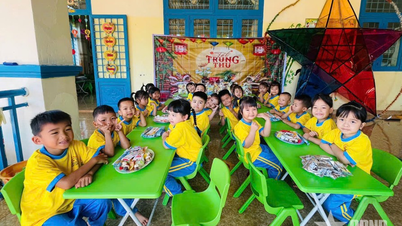


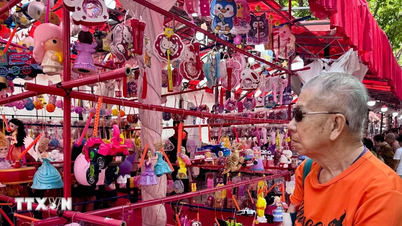

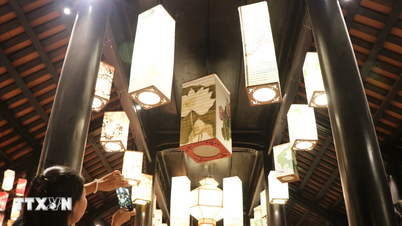





![[Photo] Prime Minister Pham Minh Chinh chairs a meeting of the Government Standing Committee to remove obstacles for projects.](https://vphoto.vietnam.vn/thumb/402x226/vietnam/resource/IMAGE/2025/10/06/1759768638313_dsc-9023-jpg.webp)
![[Photo] Prime Minister Pham Minh Chinh chaired a meeting of the Steering Committee on the arrangement of public service units under ministries, branches and localities.](https://vphoto.vietnam.vn/thumb/402x226/vietnam/resource/IMAGE/2025/10/06/1759767137532_dsc-8743-jpg.webp)

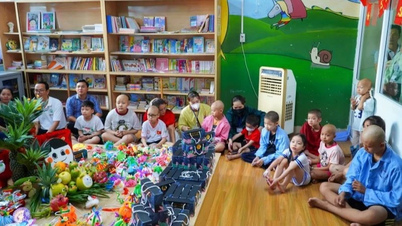
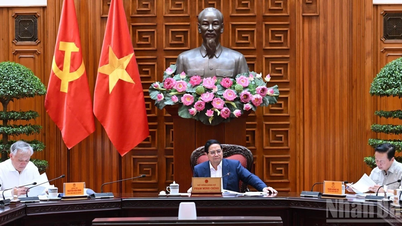
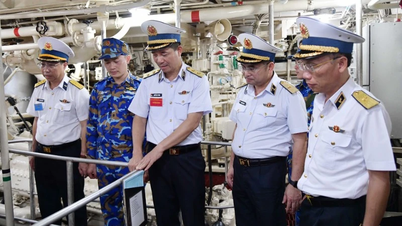

















































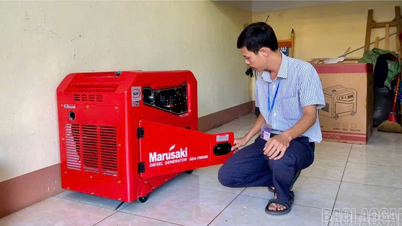



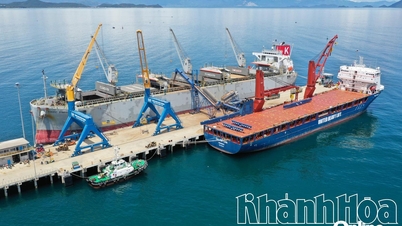











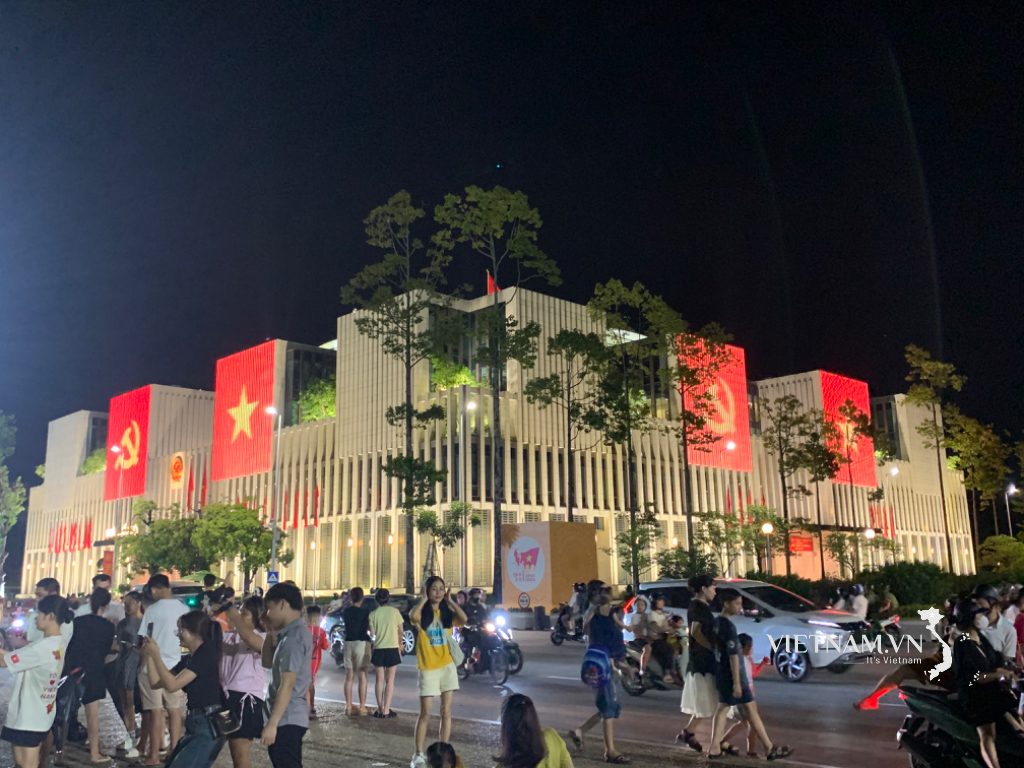


Comment (0)